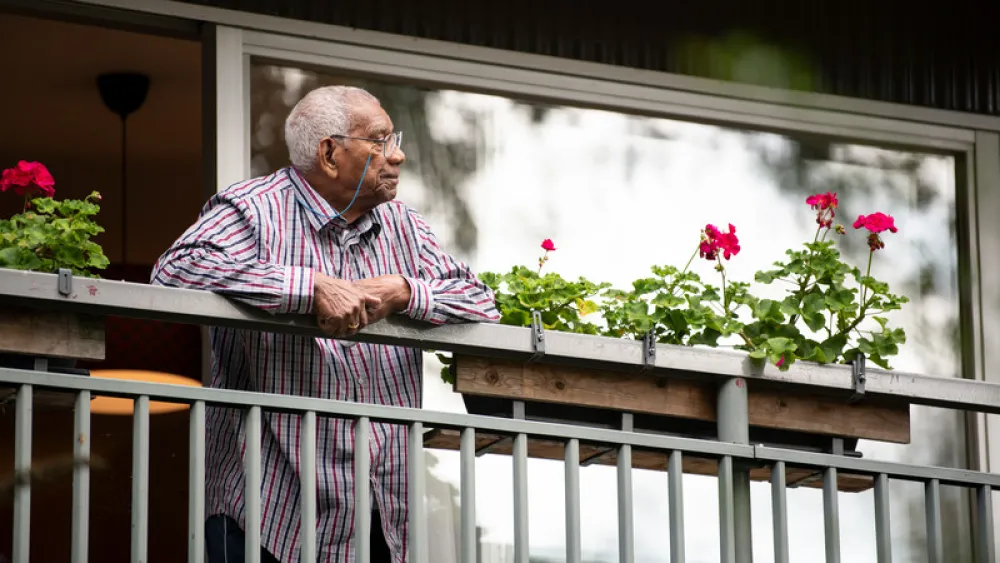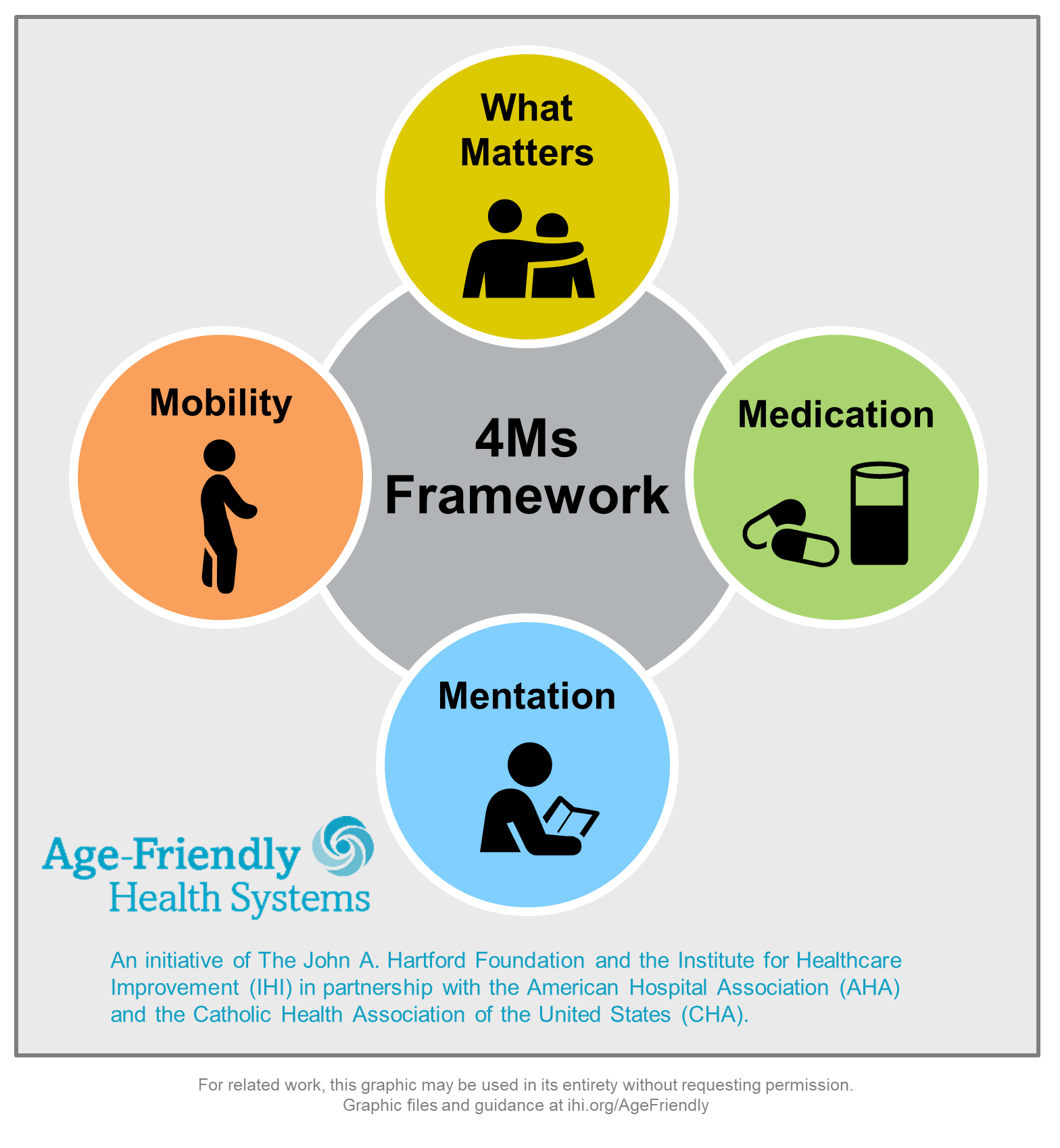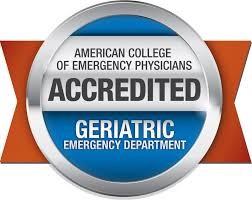Today's Medicine
How to Help Older Adults Beat Social Isolation During COVID-19
Published: July 1, 2020

Today there are over 52 million older adults in the U.S., and that number is expected to soar to 95 million by 2060. These individuals’ time, experience and talents benefit their family members, peers and neighbors every day.
Unfortunately, this population is also on our minds and in the news because of the COVID-19 pandemic. Older adults are at the highest risk of mortality and complications from COVID-19, and they’ve been impacted in astounding numbers: Eighty percent of COVID-19 deaths reported in the U.S. have been adults 65 years old and older, and recent data show that a third of COVID-19 deaths are tied to nursing homes and long-term care facilities. In Nebraska, the majority of COVID-19 related deaths have been long-term care residents.
Ways to Help Older Adults
As we seek to care for, protect and honor older Americans, here are some things to keep in mind.
Conquer isolation by staying engaged. Older adults are more likely to be socially isolated during this time. While social distancing is critical to avoiding exposure to the virus, it can come with a cost: social isolation. But there are many ways to stay engaged, active and connected – with and without technology.
In addition to using social media, email and video chats to stay in touch, there are countless resources online that allow you to tour museums, learn skills, explore national parks, enjoy artwork and more.
Overcome barriers to communication. Face masks can make it difficult for older adults with hearing and visual impairments to communicate with family members, health providers or nursing home staff. Here are some strategies to enhance communication:
- Make sure sensory devices like hearing aids and glasses are being used.
- Sit in front of the person and speak clearly and slowly without raising your voice.
- Turn off the TV, close the door and minimize other distractions.
- Take the time to make sure the person understood the conversation.
Offer a helping hand with technology. Older adults can be overwhelmed by the technology and jargon being used to communicate with family and friends. Using the terms “Zoom,” “Skype” or “FaceTime” may not be well understood, so try to explain the options in the simplest terms. Offering explanations of what these tools do and scheduling communication may be more helpful than asking, “Would you like to use one of these to communicate with your family?” Many older adults don’t want to bother or impose upon their family and will often say no. You can help promote meaningful communication by:
- Making sure technology is used in conjunction with glasses, hearing aids and other sensory devices
- Placing screens or other tools directly in front of the person
- Checking audio and visual quality
Methodist’s Commitment to Care
This month and throughout the year, Methodist is dedicated to quality, individualized care for older adults. Among our efforts:
 Age-Friendly Health Systems
Age-Friendly Health Systems
Methodist is proud to be part of a national movement in health care that’s addresses the unique needs of older adults and their families. “Age-friendly health care” puts the patient and their wishes first by addressing the 4Ms:
- What Matters
- Medications
- Mentation
- Mobility
As an Age-Friendly Health System, Methodist is committed to preserving the dignity and independence of older adults. Knowing “What matters” is paramount to guiding their care, especially in light of the COVID-19 pandemic. The 4Ms were initially implemented on the Acute Care for Elders (ACE) Unit at Methodist Hospital and at the Methodist Physicians Clinic HealthWest and Indian Hills locations. The initiative will continue expanding throughout the system over the next year.
 Geriatric Emergency Department Accreditation
Geriatric Emergency Department Accreditation
The Methodist Hospital Emergency Department was accredited by the American College of Emergency Physicians (ACEP) as a Silver Geriatric Emergency Department in March. Methodist Hospital’s is the first Emergency Department in Nebraska recognized as a Geriatric Emergency Department by the ACEP. Silver accreditation recognizes sites that have integrated and sustained older adult care initiatives into daily operations, among other accomplishments geared toward older patients.
Post-Acute Care Collaborative
Methodist Health System started the Post-Acute Care Collaborative in 2018 with 12 local skilled nursing facilities. The goal was to improve patient safety, quality of care and the efficiency of care transitions between the post-acute care providers and Methodist. Ongoing relationships with these facilities during the COVID-19 pandemic has provided patients with options for post-hospitalization care and discussions of best practices.
Show Them You Care
Wherever the older adults in your life are – at home, in a long-term care facility, in the hospital or elsewhere – show them how much you care by setting them up for healthy outcomes as we battle COVID-19 and beyond. As always, contact your primary care provider or care team if you have questions or need guidance in keeping a loved one safe and healthy.
More Resources
- Learn more about geriatric and senior services at Methodist Hospital and across Methodist Health System
- Find more COVID-19 resources from the John A. Hartford Foundation and the Administration for Community Living
- It’s important to understand the challenges Baby Boomers face during quarantine. Learn more
- Follow Methodist on Facebook, Instagram and Twitter for COVID-19 updates

